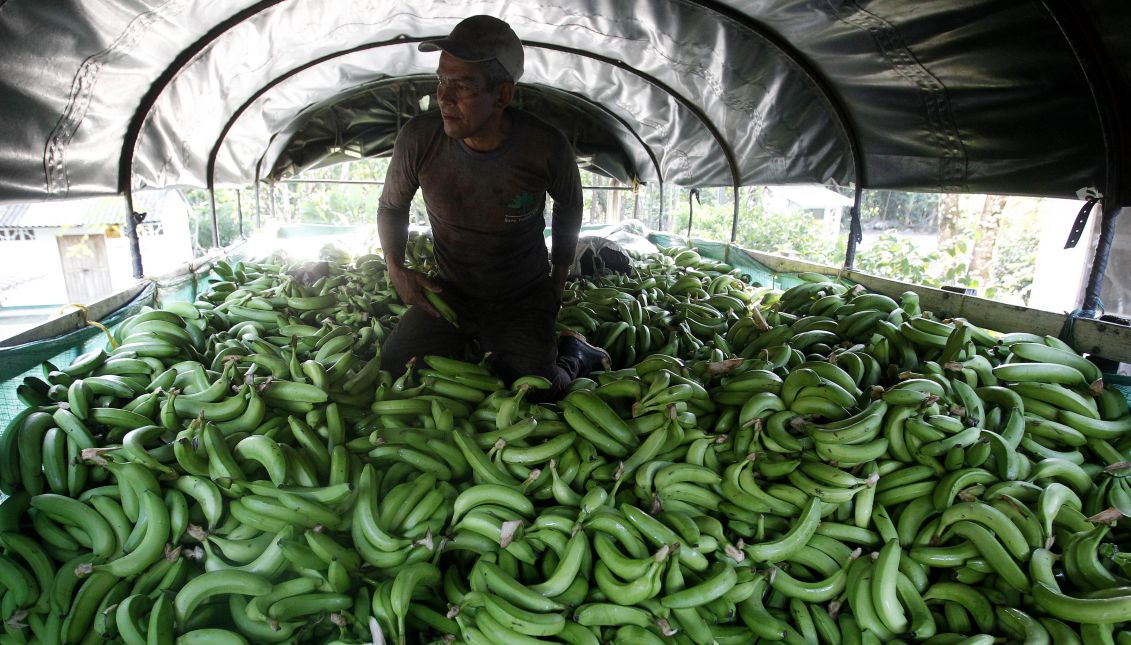
Colombian coffee inspires banana growers to reclaim land lost to violence
Growing along with the bunches of bananas in the plantations of Uraba in northwestern Colombia are the hopes of a region that is working to erase once and for all the stigma of violence by raising the brand image of its bananas to the status of Colombian coffee.
The Banana Growers Association of Colombia (Augura), besides declaring 2017 "the year of the banana" with a projected export volume of 96 million crates, is applying a strategy to restore Uraba, the country's principal producer of the fruit and a region that still feels the government has little interest in its struggles.
"The violence we suffered did not help the banana-growing plantations, but now we've turned the page and are building the present while visualizing the future," the president of Augura, Juan Camilo Restrepo, told EFE
These prosperous lands, home of athletes of the prowess of Olympic gold medalist Caterine Ibarguen and soccer player Juan Guillermo Cuadrado, were covered in blood during the massacres in which scores of laborers on banana plantations were slain by paramilitaries and FARC guerrillas.
Today, the 84,000 acres (34,000 hectares) growing bananas in Uraba, which generate 25,000 direct jobs, are a part of the sector's brand strategy to make Colombian bananas as well positioned on the international market as Colombian coffee.
According to Restrepo, it will be to the growers' great advantage that consumers see that the banana of Uraba "is not stained with blood, but formed by the skilled work of our farmers."
For that reason, "diplomatic visits" have been programmed to Europe, to which Colombia exports 73 percent of its fruit production, in order to consolidate even more that trade relationship and market the fruit's brand image and selling points.
"Just as occurs with a Colombian cup of coffee, we want the consumer to know that he is enjoying a Colombian banana. The identity of the country is the identity of the product," Restrepo said.
That idea is promulgated by workers like Jorge Eliecer Mendez, whose 15 years in the sector lead him to say that the Uraba banana "is preferred abroad because it's better."
Working together with Mendez, who selects and washes the fruit, are 25 other laborers on the farm in Apartado, one of the four municipalities of the region, where people still feel threatened by the criminal gang known as the Gulf Clan, formerly called Los Urabeños.
Nonetheless, for farmers the beauty of every bunch of bananas wrapped in its protective blue bag is stronger than any theory that Uraba will always attract illegal activities because of its geographic location on the Atlantic coast and the Panamanian border.
"This land is very stigmatized. When people talk about Uraba they think about massacres and criminal gangs. But there's development here and good, hard-working people," Winston Moreno, administrator of the Augura experimental field, said


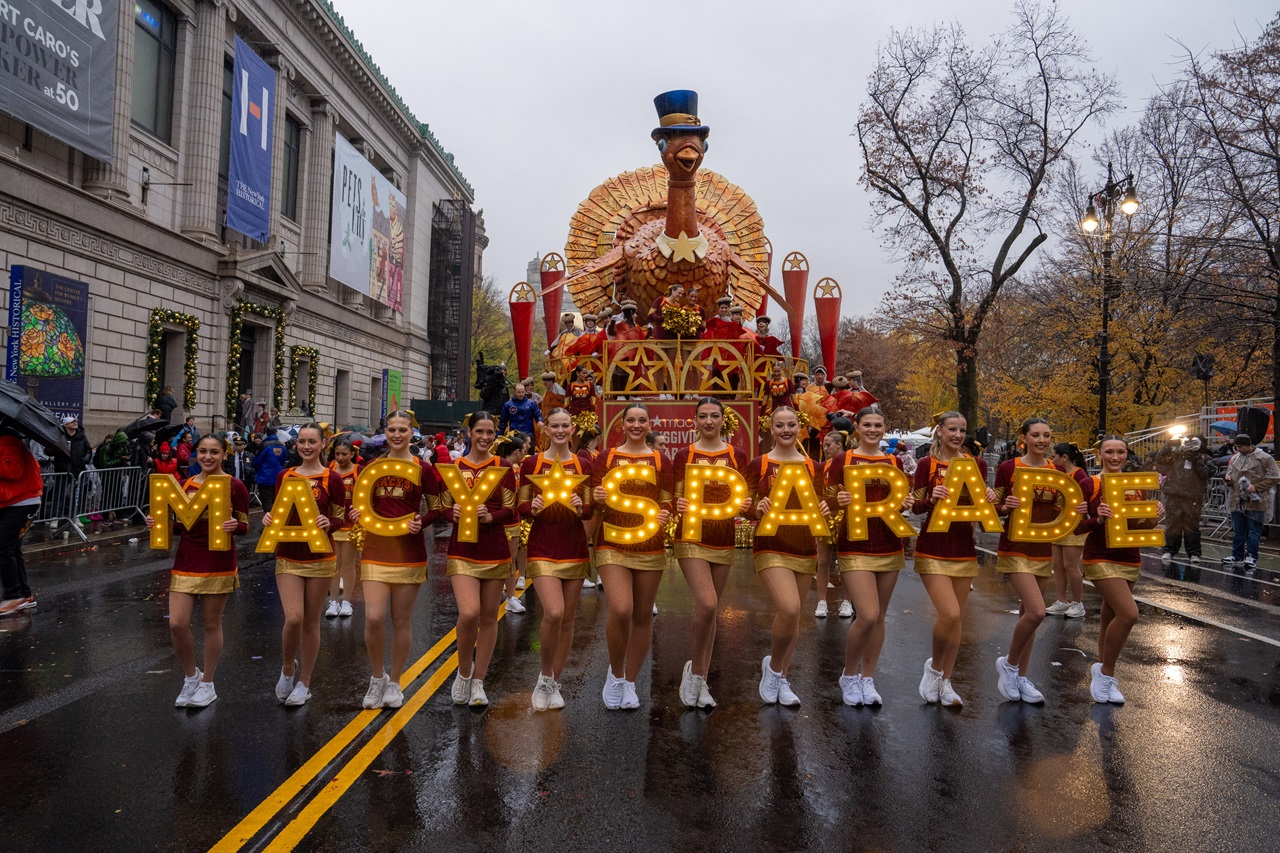
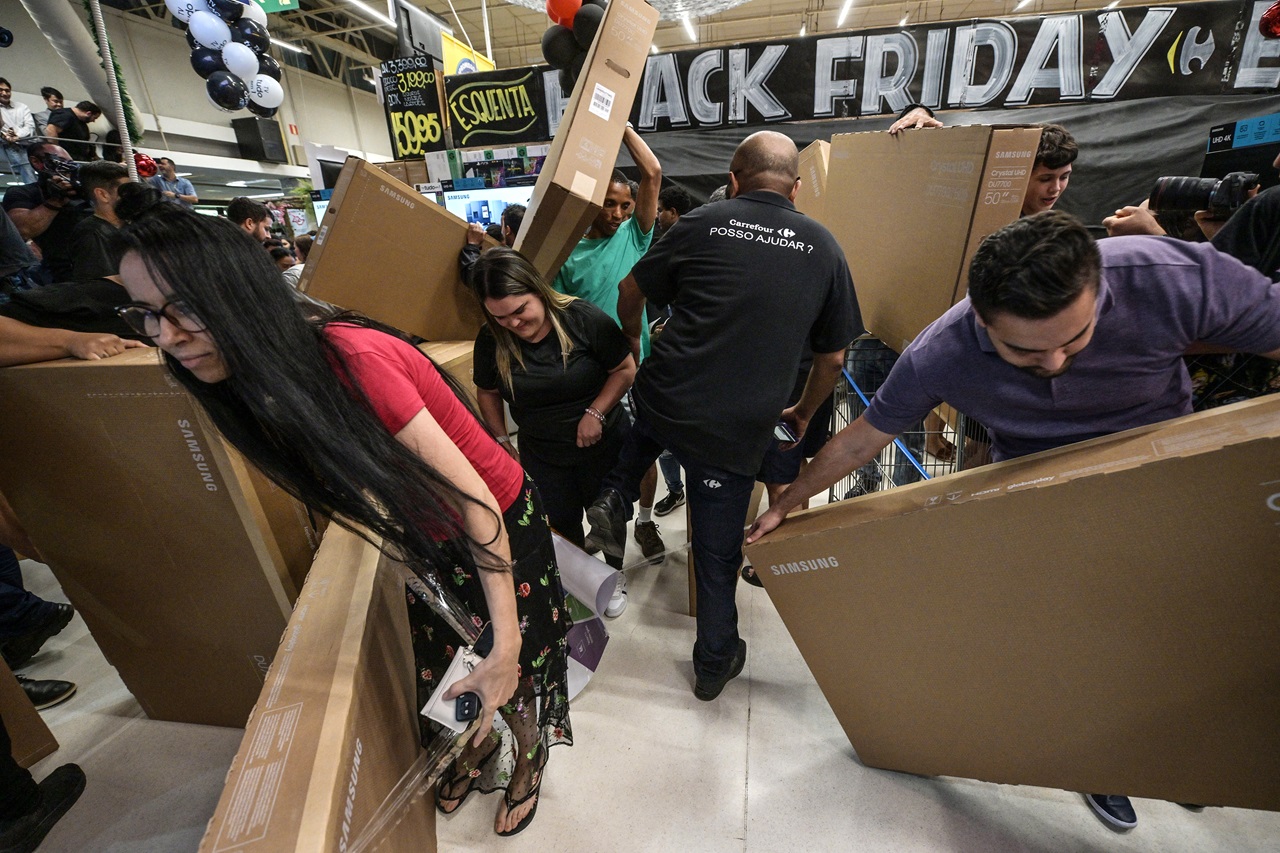
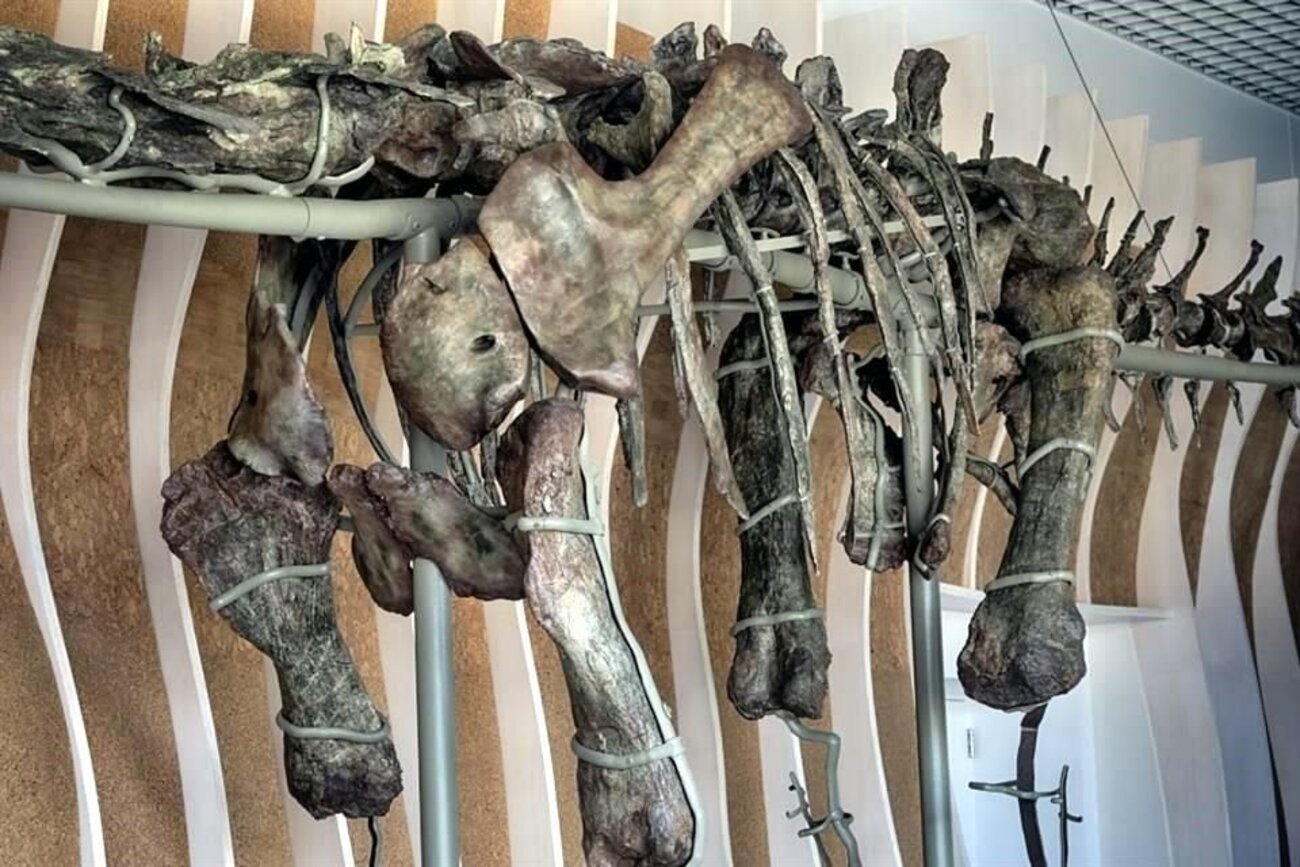


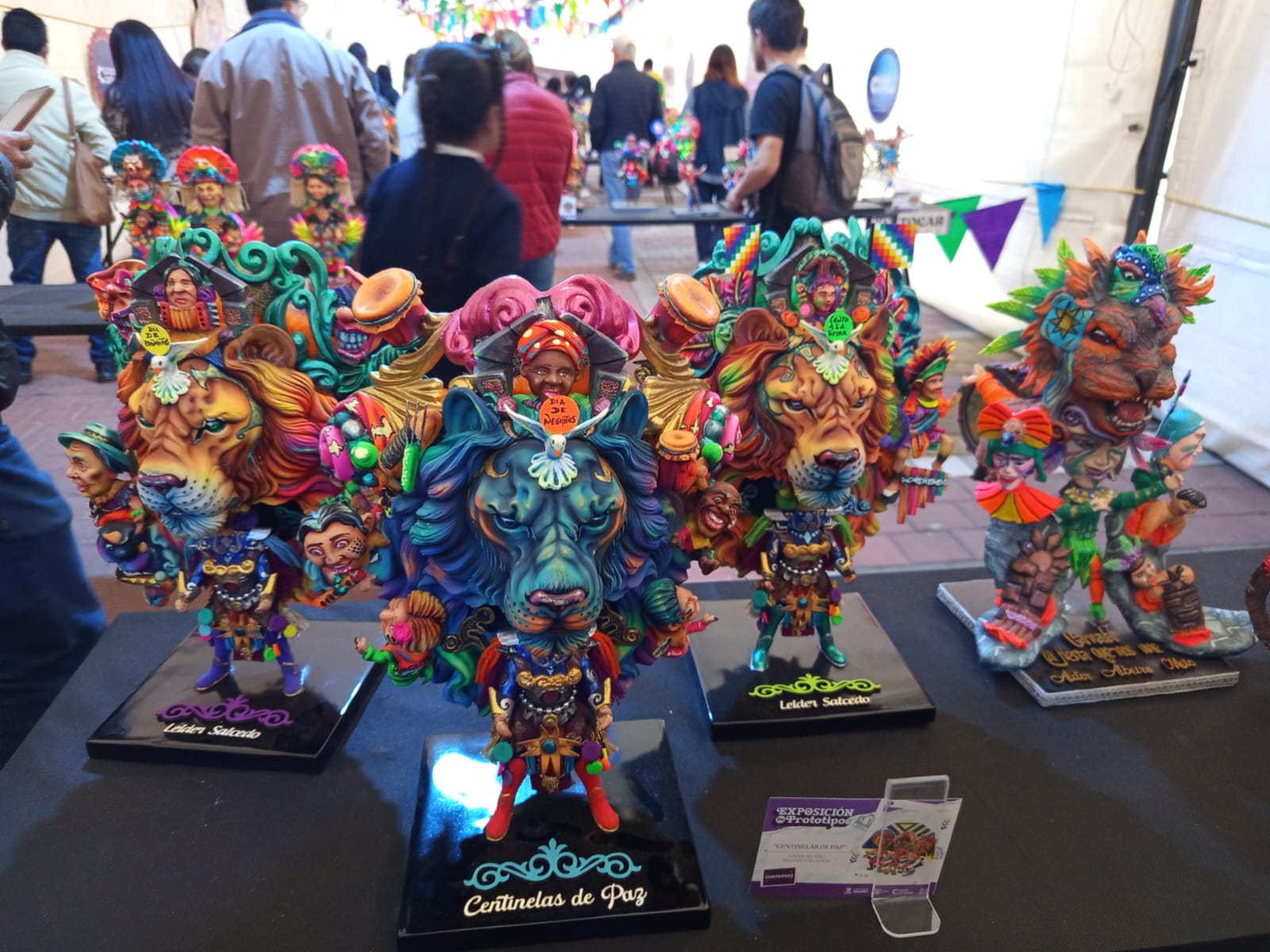


DEJE UN COMENTARIO:
¡Únete a la discusión! Deja un comentario.